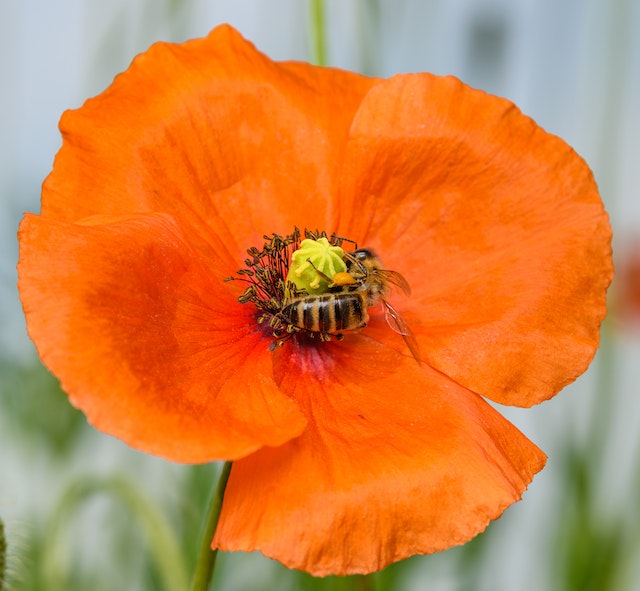Botanical Description:
Scientific Name: Brassica spp.
Common Names: Mustard
Description:
Mustard is a plant belonging to the Brassicaceae family, which also includes cabbage and broccoli. There are various species and varieties of mustard, and they are known for their small, round seeds that are commonly used as a spice. Mustard has been used both as a culinary ingredient and in traditional medicine for its potential therapeutic properties.
Disclaimer:
This Materia Medica is provided for informational purposes only and should not replace professional medical advice. Please consult with a qualified healthcare practitioner or herbalist before using any herbal remedies.
Therapeutic Actions:
- Digestive Stimulant:
- Mustard seeds are known for their ability to stimulate digestion and increase appetite.
- Topical Warming Agent:
- Mustard poultices or plasters are traditionally used topically to provide a warming effect on the skin.
- Respiratory Support:
- Inhalation of mustard vapor may be used for respiratory support and to alleviate congestion.
- Anti-Inflammatory:
- Mustard seeds contain compounds with potential anti-inflammatory effects.
Constituents:
- Sinigrin:
- A compound found in mustard seeds, which contributes to its pungent flavor.
- Isothiocyanates:
- Bioactive compounds formed when mustard seeds are crushed or ground.
- Volatile Oils:
- Mustard seeds contain volatile oils that contribute to their aromatic properties.
Traditional Uses:
- Digestive Aid:
- Mustard seeds are traditionally used to enhance digestion, often consumed with meals.
- Topical Warming:
- Mustard plasters or poultices are applied topically for their warming effects, often used for chest congestion or muscle discomfort.
- Respiratory Congestion:
- Inhalation of mustard vapor is a traditional remedy for respiratory congestion.
- Anti-Inflammatory Applications:
- Mustard may be used topically to address localized inflammation.
Dosage and Preparation:
- Mustard Poultice:
- Poultices are made by mixing ground mustard seeds with water and applying the paste to the affected area.
- Mustard Seed Infusion:
- Infusions made from mustard seeds. Dosage may vary, and it’s essential to follow recommended guidelines.
Cautions and Considerations:
- Skin Sensitivity:
- Mustard poultices can cause skin irritation, and individuals with sensitive skin should use caution.
- Internal Use:
- Internal use of mustard should be in moderation, as excessive consumption can lead to digestive discomfort.
- Respiratory Inhalation:
- Caution is advised when inhaling mustard vapor, and it should be done with care to avoid irritation.
Conclusion:
Mustard, with its tiny seeds and pungent flavor, has a dual role as both a culinary spice and a traditional remedy. From enhancing digestion to providing a warming effect topically, mustard offers a spectrum of potential therapeutic applications. Whether used in poultices, infusions, or in culinary dishes, mustard provides accessible options for those seeking natural remedies. However, caution is advised, especially for individuals with sensitive skin or when using mustard internally. This Exhaustive Materia Medica aims to provide comprehensive insights into Mustard’s botanical description, therapeutic actions, constituents, traditional uses, dosage, precautions, and applications. For personalized guidance, consultation with healthcare professionals or herbalists is recommended, ensuring safe and effective utilization of Mustard as a herbal remedy.





